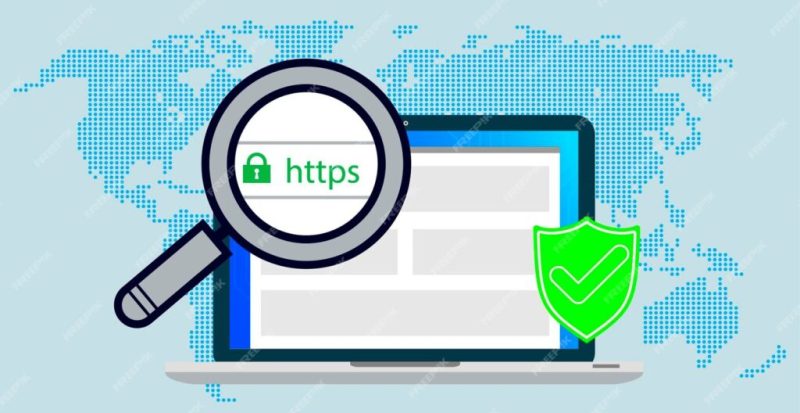SSL (Secure Socket Layer) certificate is quite often underlooked, ensuring authentic connection to trustworthy websites rather than counterfeit ones. SSL, by popular opinion, is all about the encryption of data, but in reality it is way more than a mere security measure. A certificate such as a standard wildcard SSL surrounds user trust in the process of uplifting search engine rankings.
Encryption from the Intruders
Cybercriminals are experts in deciphering information through interruptions, but SSL is well equipped to deal with the same. It is based upon public-key cryptography, helping in turn with data encryption that would otherwise be readable to users involved in malicious activities. Moreover, it restricts the attackers in modifying data due to its journey from a web browser towards the network server. An SSL/TLS handshake is the one responsible for authenticating parties on both ends before beginning with the actual transmission of data.
Avoidance of Phishing Attacks
Have you ever noticed that padlock icon besides a website URL in the browser accompanying an HTTPS prefix? This is the sign of a website being SSL certified to assure visitors of how legitimate the site is, and there is nothing to be afraid of. SSL certificates issued by authorized CAs are a proof of any business that the website belongs to, especially the EV SSL certificates showcasing the business name in the address bar, keeping away cybercriminals from creating bogus websites.
Credibility with Trust Advantage
Businesses that are completely based online resort to SSL due to its capability in safeguarding people with their payment details, not to mention encrypting the personal information as well. Websites without SSL have to mandatorily display caution messages that very well keep away the visitors. In addition, compliance standards and regulatory agencies are dependent on SSL so that the sensitive data is securely managed.
Reliable Against the Unauthorization
SSL certificates confirm users regarding the reliability of a website. The way it does this is in the form of a data packet containing Message Authentication Code (MAC), a key step towards data integrity. SSL is a defense against people whose job is to get the false data somehow injected or have the web pages altered in some way.
Survival in Shared Hosting
Every website deserves to have its own SSL certificate, so that the risks of exposure to sites in the same shared hosting get reduced. SSL does safeguard private data within an environment of a shared server, with information confidentiality kept intact, making it unreachable to others. This in turn lessens the danger of attacks spreading between sites, especially from an affected to an unaffected one.
SSL Involvement Goes Beyond Data Encryption
While standard SSL certificates are a primary form of recognizing the security of data, there is much more to it than just safety. Whether you talk about keeping cyber threats at bay, to making a mark in SEO, from user trust escalation, to compliance with regulations, a standard wildcard SSL is a default need for the security of any modern day website. Whatever your purpose might be in regards to a website, adopting SSL is all about authenticating you online, with each session consisting of session keys helping with encryption, lessening the possibilities of how these eavesdroppers attack.











